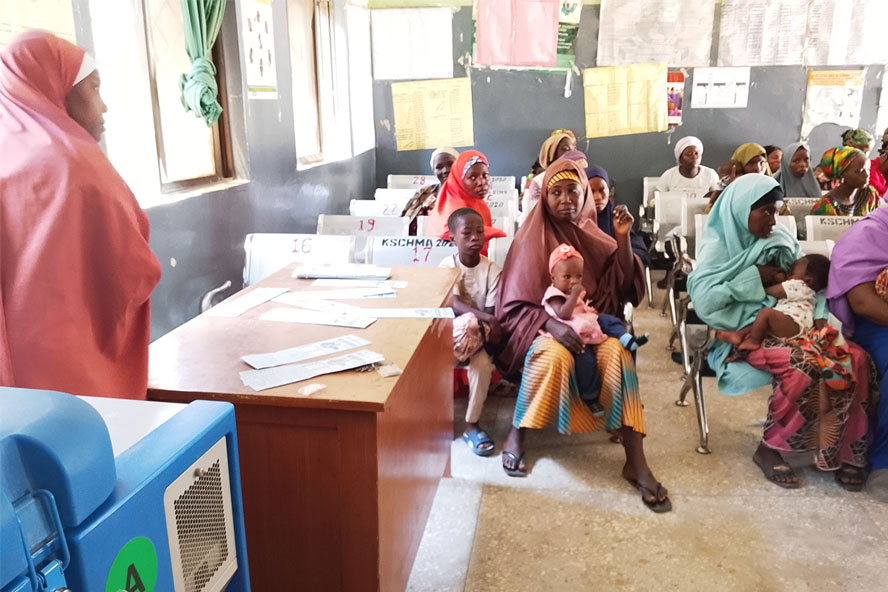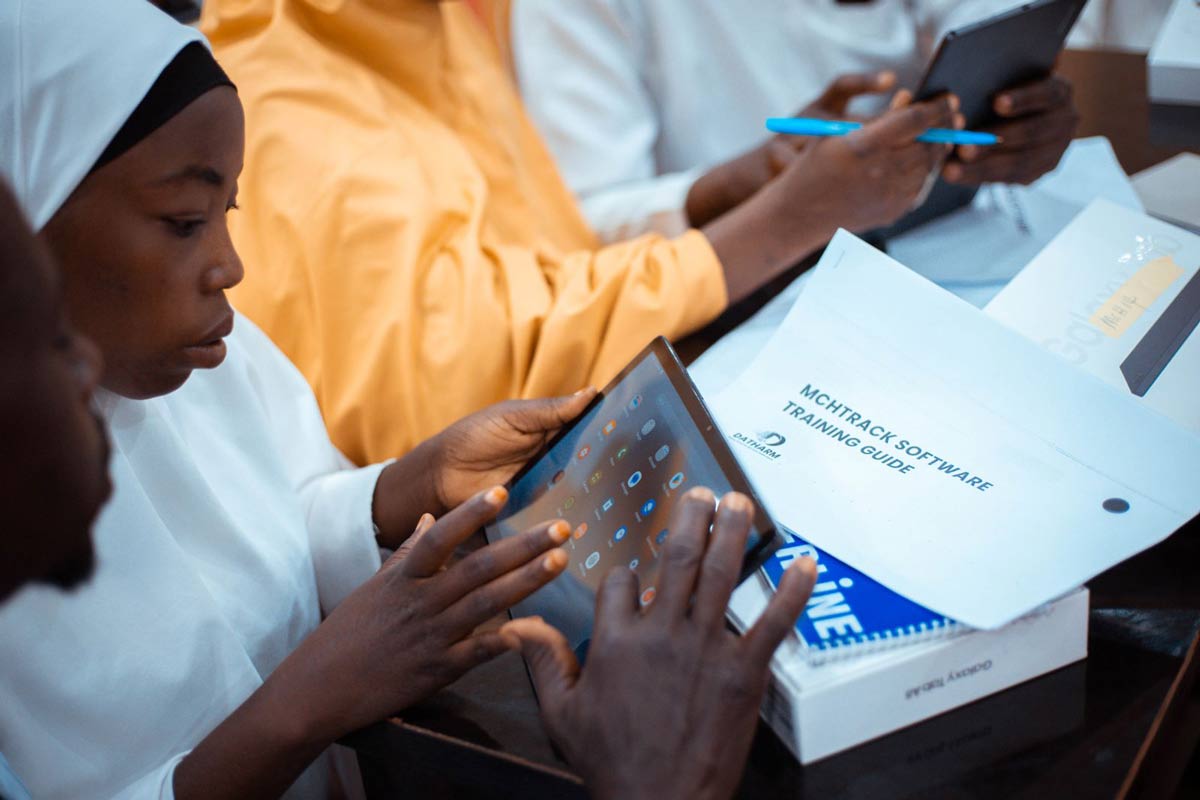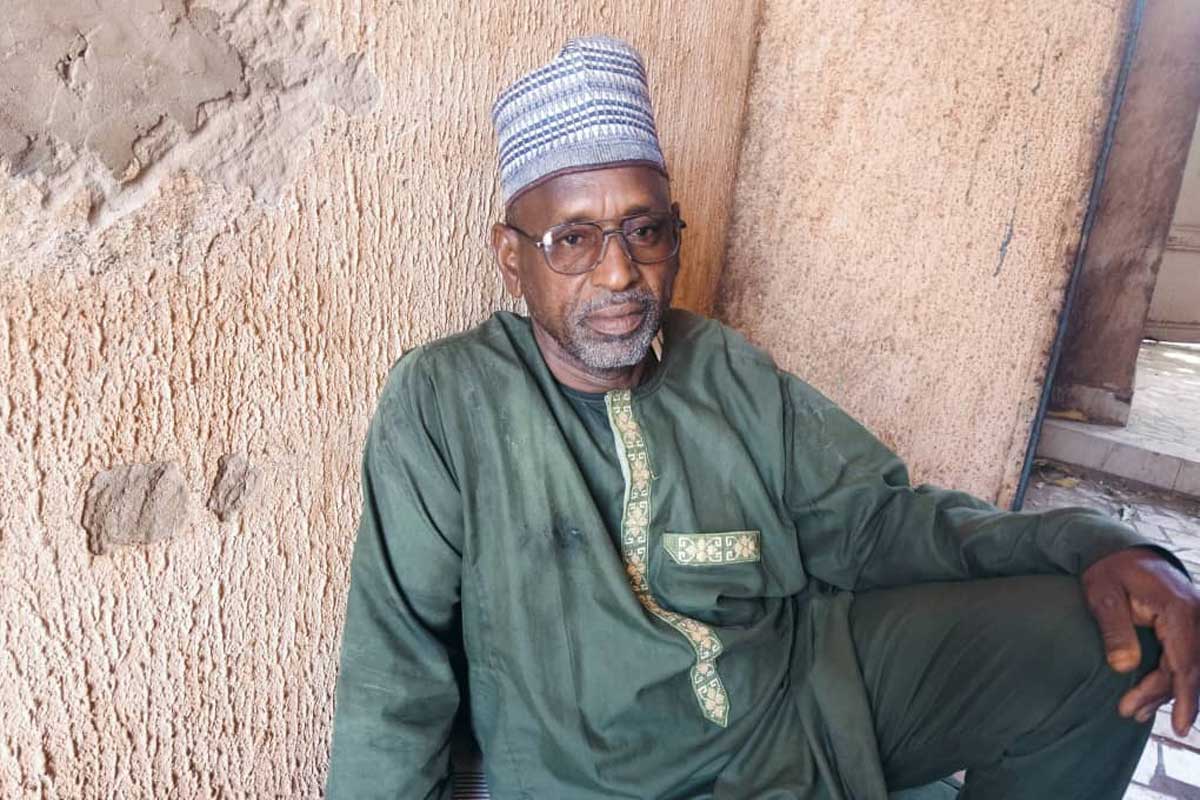70% and counting: how Lagos is fending off misinformation to get more girls protected from cancer
A multi-pronged effort to counter misinformation around the cancer-blocking shot is paying off in Lagos.
- 12 September 2025
- 9 min read
- by Afeez Bolaji
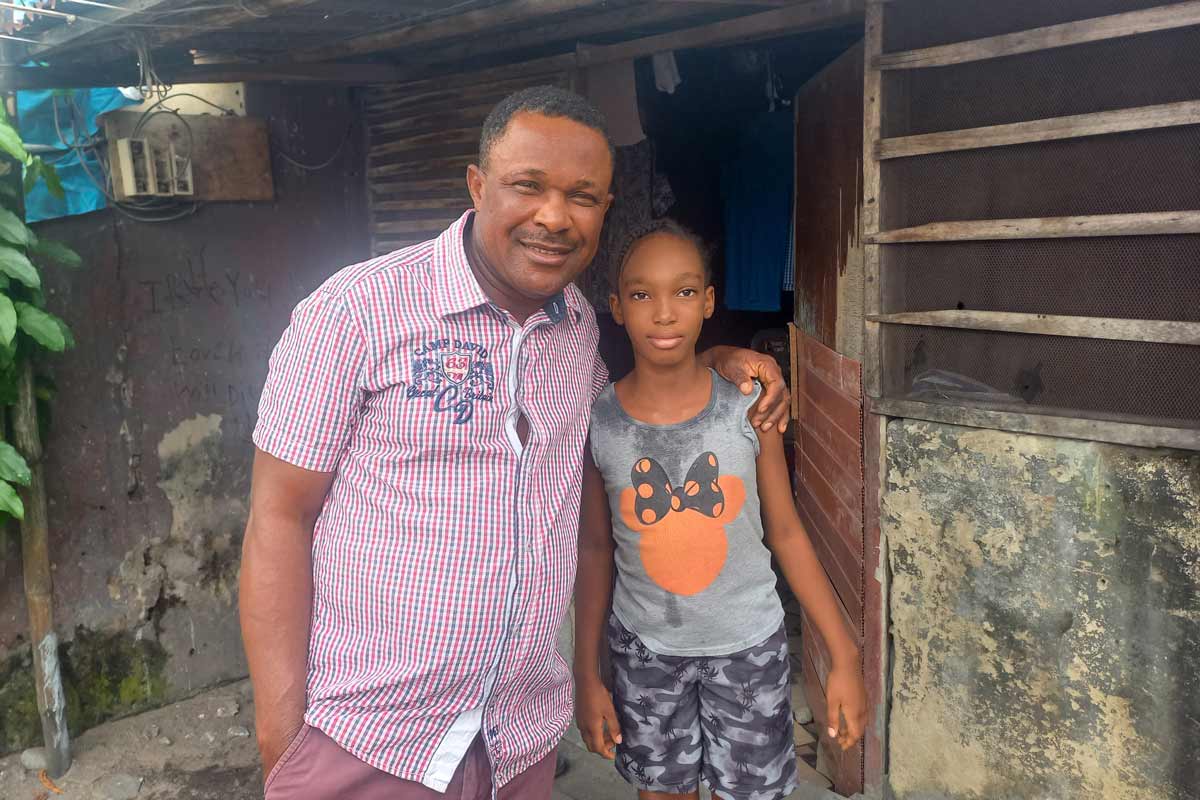
Praise Oladapo and her team of health workers were treated to a warm reception when they revisited communities in the Eti-Osa Local Government Area of Lagos State this past July, to administer human papillomavirus (HPV) shots to eligible girls. That presented a sharp contrast to the hostility her team faced at the initial stage of the HPV vaccine roll-out, Oladopo says.
“When we started, there was a lot of pushback, and that was because of the rumours that had been peddled on social media by vaccine pessimists. It was so bad in some communities that health workers were chased away. We responded to those rumours with facts, trying to de-emphasise them,” recalled Oladopo, who is an immunisation officer at Igbo Efon Primary Health Centre in Eti-Osa LGA.
The state health authorities went back to the drawing board and devised multiple strategies to uproot the misinformation, she revealed. Months later, Oladapo says her team has won over many of those vaccine pessimists, as many formerly resistant families present their eligible wards for the cancer-blocking shot.
“The turnout during the July outreach was quite impressive. We vaccinated more than 100 girls, nearly double what we recorded previously. Unlike before, when parents rarely brought their children to the health centre for HPV vaccination, they now walk in with the girls to take the shot,” she told VaccinesWork.
Cervical cancer is the fourth most common cancer among women globally, with more than 95% of cases attributable to vaccine-preventable HPV. About 12,000 Nigerian women are diagnosed with the disease every year, making it the country’s second-most common female cancer. It’s also the second leading cause of cancer deaths in women.
But there's good news. Nigeria is making considerable progress to cut new cases and reduce mortality with HPV vaccines. In May, the country hit a milestone 71% coverage rate, with 12 million girls aged 9–14 years protected.
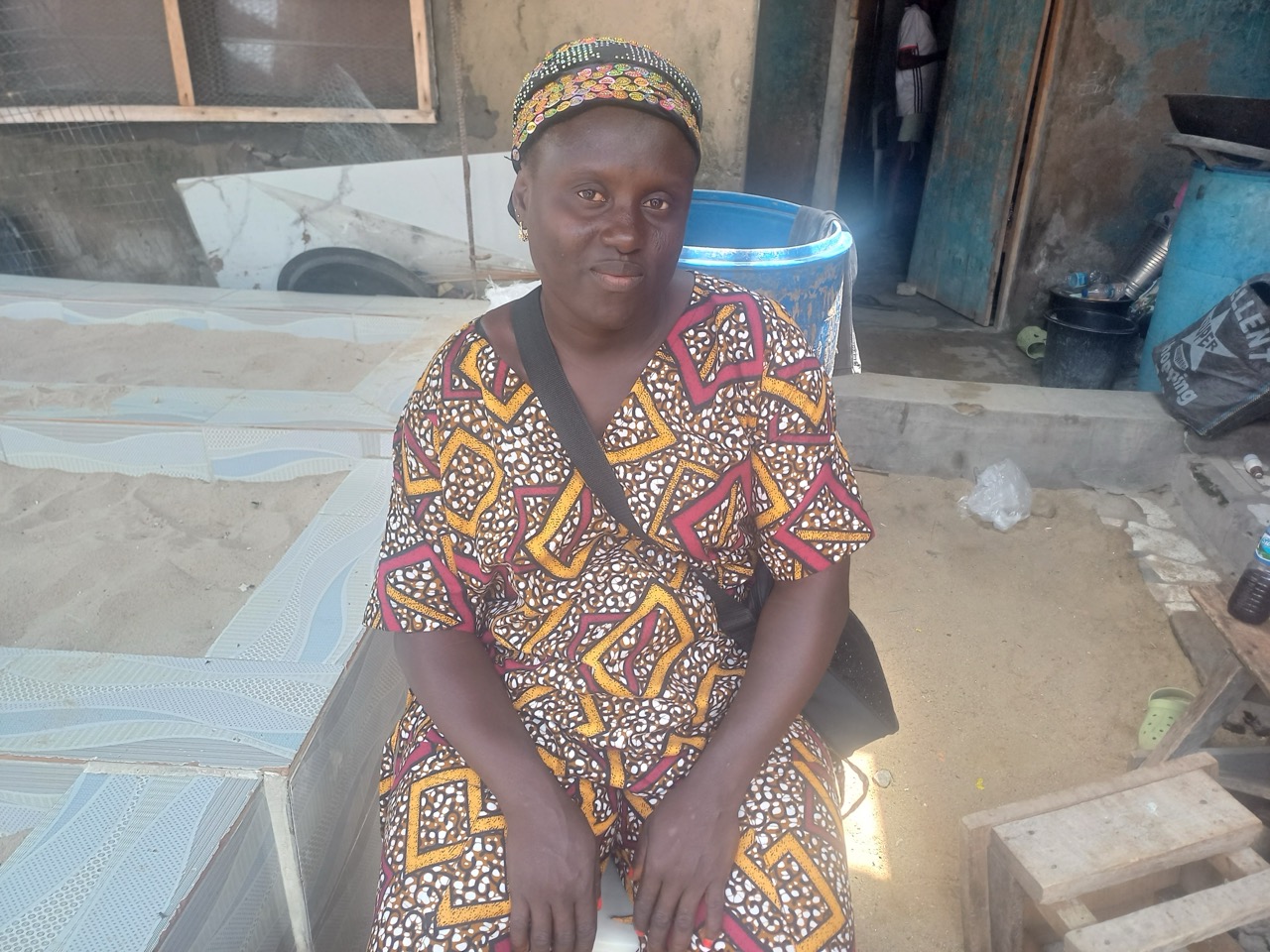
Satisfactory uptake in Lagos
Lagos was among the 16 states to launch HPV vaccination in Phase One of the national introduction, which kicked off in October 2023. Health authorities in the state aimed to reach 1 million girls between the ages of nine and ten by the end of 2024.
While rumour-inspired hesitancy initially slowed down uptake, it didn’t take long before countermeasures began to bear fruit, said Dr Ibrahim Akinwunmi Mustafa, Permanent Secretary of the Lagos State Primary Health Care Board.
“The uptake has been quite satisfactory, but then it's not yet where it should be. When we kicked off, we had one million targets, but we were able to reach about 700,000 [70%] as of 2024. We are influencing people through advocacy and human-centred storylines to improve the demand for the HPV vaccine. We are also constantly interacting with caregivers and adolescent girls. When they come for other services at the health centre, we let them know about cervical cancer and the vaccine. We continuously debunk the myths by going on social media and providing one-on-one health education.
“So far, we are winning more converts, and we expect that things will continue to improve. A good number of influencers have worked with us on the HPV campaign. We have health educators at the state primary health care board level and the facilities. They work with community mobilisers, whom the people believe and listen to,” he said.
With the integration of the HPV vaccine into the state’s routine immunisation programme in January 2025, Mustafa declared that Lagos is poised for higher coverage in the coming months. 130,000 girls, including those from Eti-Osa, queued up to receive the shot between January to July, he revealed, adding that as many as 26,000 girls were vaccinated in Alimosho – one of the 20 local government areas in the state.
“In some areas with low coverage, people peddle all sorts of negative rumours about HPV. What we do is to provide correct, consistent, and continuous information on the danger of cervical cancer across all media. Things are getting better now in those areas, but we still expect more parents to bring their children to the healthcare facilities for the vaccine, because that is the only known medication for the prevention of cervical cancer in women.
“We tell them the vaccine prevents human papillomavirus infection, which is known to be the number one cause of cervical cancer in women, and if we can reduce or prevent the occurrence in young girls, we will be largely preventing the predominant cause of cervical cancer. So, we are letting people know the scourge of cervical cancer and the danger it presents, as well as the effectiveness and efficiency of the vaccine that is available in hospitals for free,” Mustafa stated.
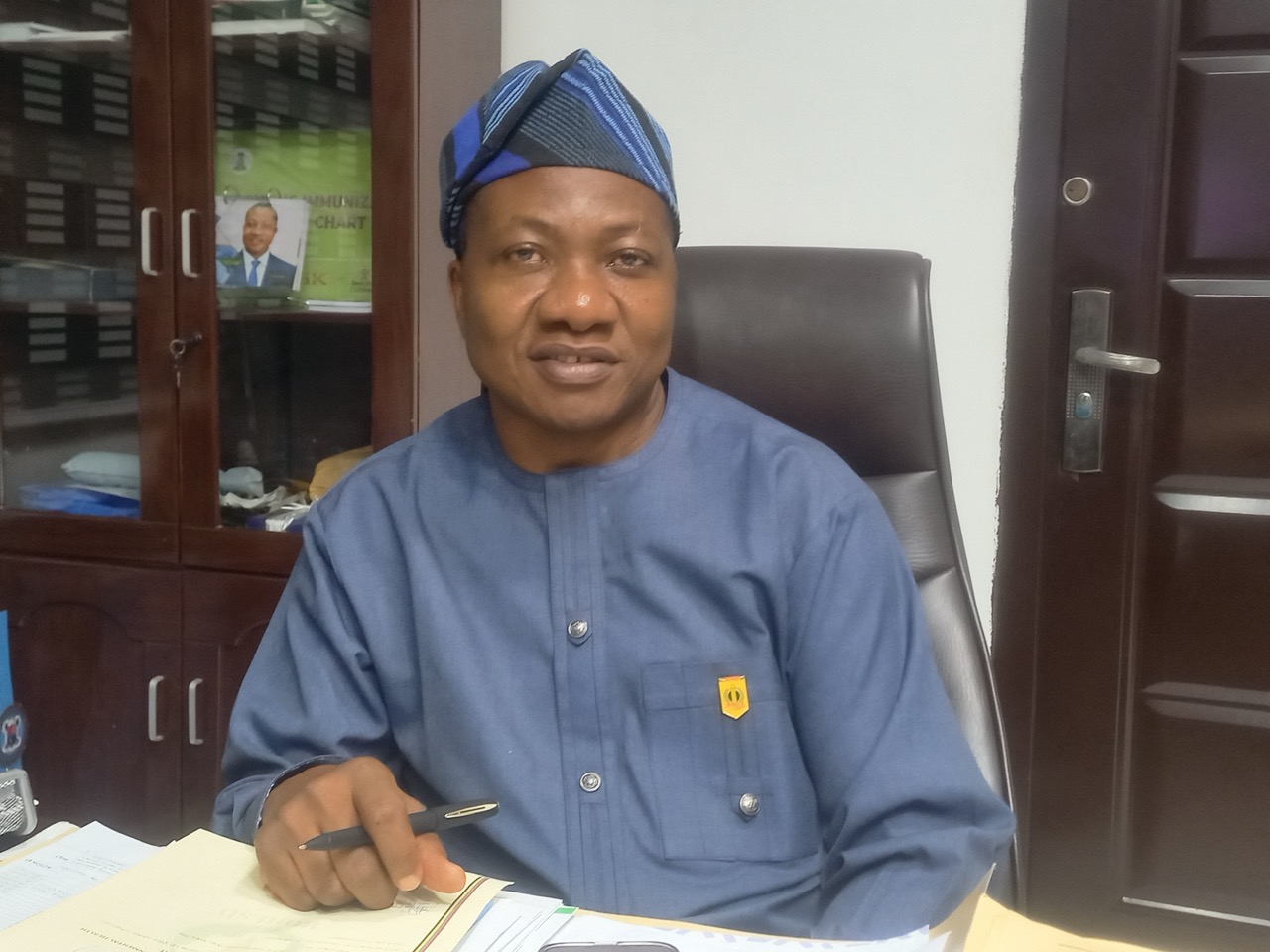
Every ethnic group counts
By area, Lagos is the smallest state in Nigeria, yet it is home to the largest population: 22 million people from a variety of ethnic groups, and speaking a diversity of languages. Rather than being discouraged by the social differences, Chief Tajudeen Olukolu, the traditional leader of Igbo Efon, a small community in Eti-Osa LGA, is leveraging them to spur on HPV vaccination.
“We have been recording success in the HPV vaccination since last year, after we organised a series of sensitisation [sessions]. We identified the ethnic groups in the community and met with their heads to explain why the vaccine is important for their children.
“The head of each ethnic group organised a meeting, and I led health workers to them. The officials would pass the message in simple English, and the head or his representative who understands it would interpret it to his people in their native language. It worked out well as more people have embraced the vaccine,” Olukolu told VaccinesWork.
He said the community has since adopted the method by assembling people a week or a few days before an upcoming HPV vaccination outreach to inform them.
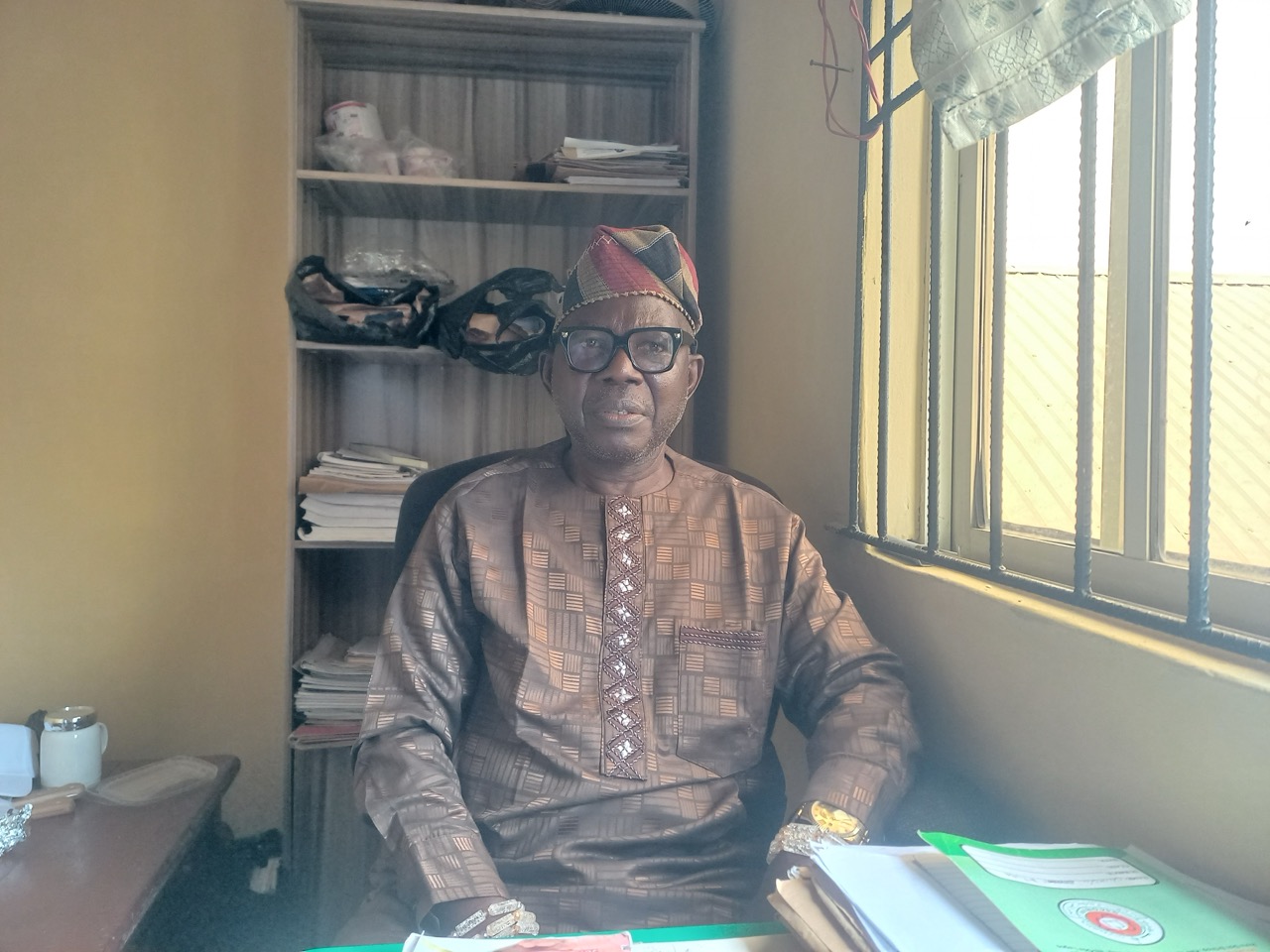
Parents, children winning over doubters
Several parents whose children have taken the cancer-preventing shot told VaccinesWork how their decision had convinced hesitant neighbours to think again. A mother from Igbo Efon, Omowumi Olukosi, said her two daughters, Rofiat and Monsurat, were vaccinated almost a year ago.
“They took the vaccine and nothing happened to them. I wish my third daughter had been given too, but she had not reached the eligible age. She is seven now, but as soon as she clocks nine, she will surely take it. Some of my neighbours were reluctant to let their children take it because of what they heard about the vaccine. I told them the government cannot give our children what will harm them. When they saw that my daughters took it, many of them changed their minds and allowed their children to get it, too,” she explained.
Monsurat, now 15, and other adolescent girls who have received the HPV vaccine in Igbo-Efon and other neigbouring communities visited by VaccinesWork, boasted that they have become ambassadors of the cancer jab, overwhelmingly sharing their experiences with friends.
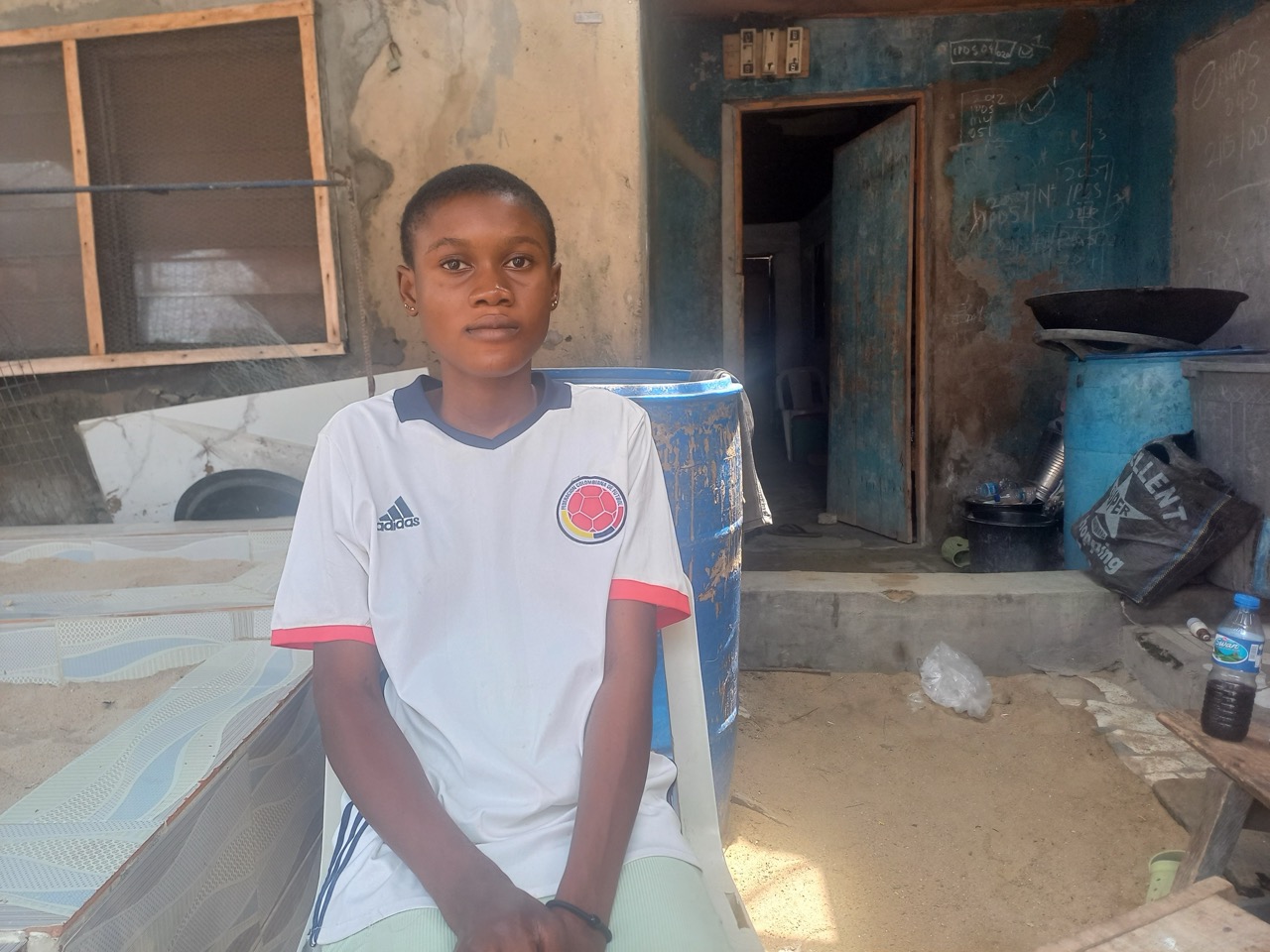
“Aside from some pain I felt, I didn't experience any side-effects. And after a few hours, the pain disappeared,” Monsurat disclosed, pointing at her upper arm where the shot was administered.
“Many of my friends in school were given [it] too. We were told that the vaccine prevents cervical cancer, which is very deadly. I am happy that my sister and I are now protected against it. Some of my friends persuaded their parents to allow them to take it when I told them I had gotten mine,” she added.
Have you read?
A community mobiliser’s heroics
Popularly known as “Mama,” because of the motherly role she plays in her neighbourhood, Dorcas Ishola is a caterer in a slum tucked behind Ikota Housing Estate in Eti-Osa LGA. On her free days, however, the 55-year-old volunteers at Ikota Primary Health Care as a mobiliser, and participates actively in community development programmes.
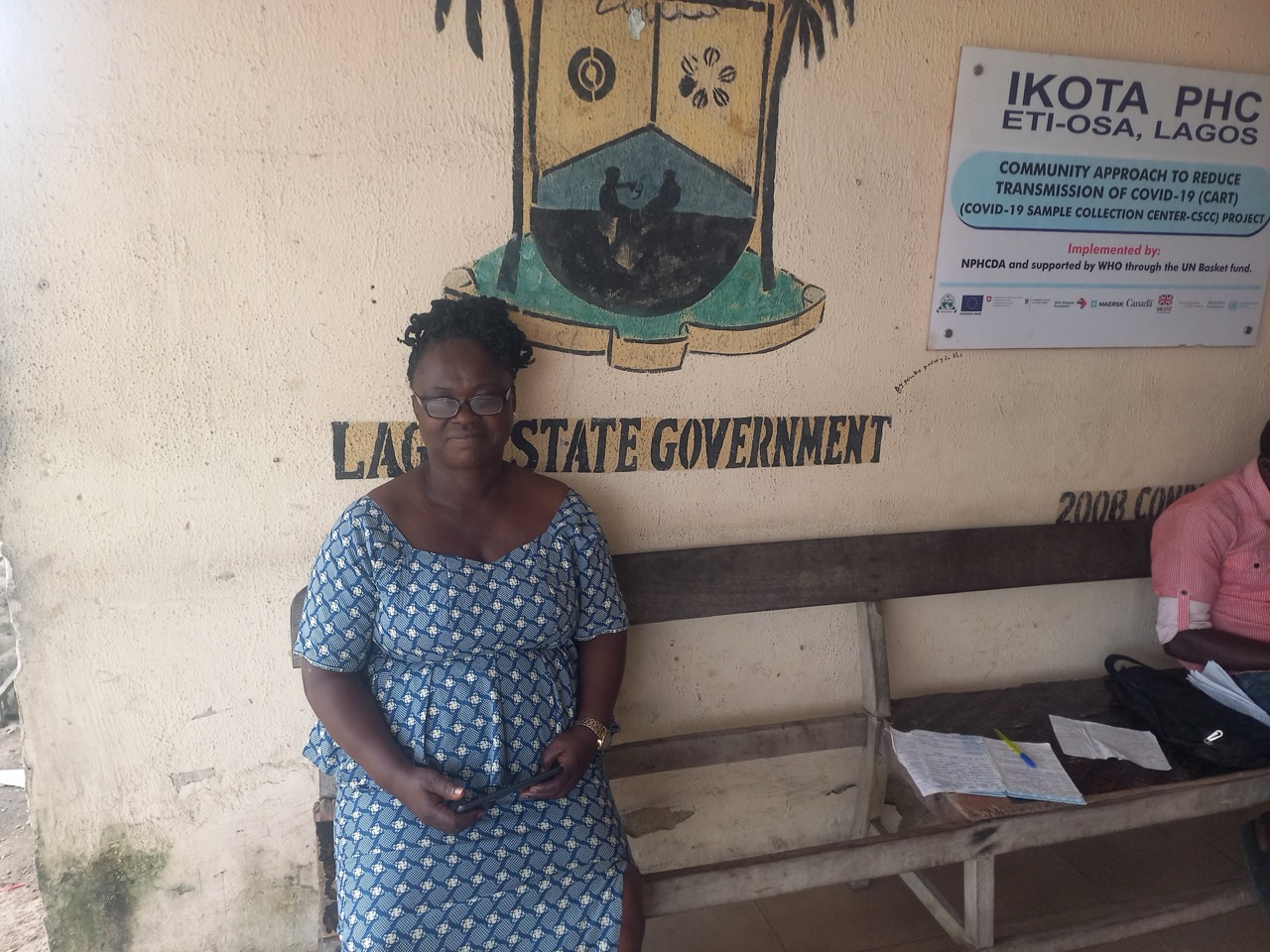
In the wake of the pushback that greeted the HPV vaccine, Ishola said she leveraged her influence to turn things around for good. “I am a member of the ward health committee and have been living here for over 20 years. People believe and respect me a lot,” she said. “I do health talks on diseases and prevention, and encourage people to use the health centre. When the HPV vaccine was rolled out, it was tough to convince many families, including educated people. I went door-to-door and […] used my child, who has been vaccinated, as an example. They eventually allowed their children to take it.
“I went to a church with vaccinators, and after we told them about the HPV vaccine, a member of the church narrated how her close relative died of cervical cancer, after spending a lot of money on treatment. Her story moved the congregation, and we were allowed to vaccinate all the eligible girls in the church that day,” she recalled.
“When I heard about the vaccine, I met with Mama and she assured me it is safe,” Joseph Michael, a father whose nine-year-old daughter, Cherish, took the shot about six months ago, explained. “It didn’t affect her in any way, and I have also been encouraging other parents to let their children take it.”
Esther Uwaeke, who runs Glasyl School, a privately-owned primary school in Ikota, also joined the campaign, inviting parents to inform them about the vaccine.
“I educated them on its importance and allayed their fears about the false information they had been fed. It took some time to get their consent, but in the end, over 80% of the eligible girls in my school took it. I followed up with a few parents who resisted, and they later agreed that their children be vaccinated,” she added.
